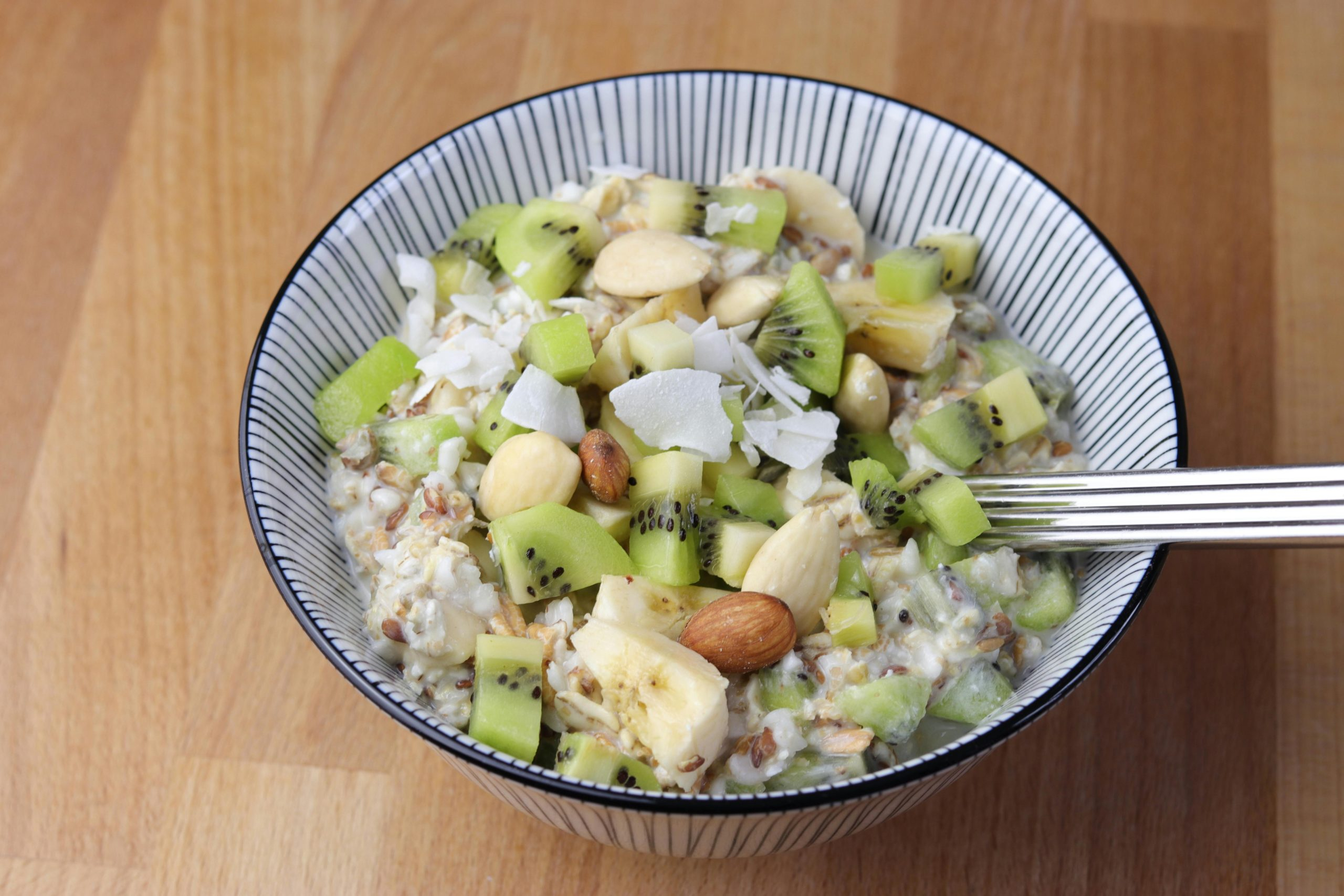The Plant-Based Pivot: Meatless Meals That Truly Nourish
The plant-based movement has been gaining momentum in recent years, with more and more people opting for a diet that focuses on whole, plant-based foods. With increasing concerns about the environmental impact of meat-based diets and the health benefits of a plant-based lifestyle, many are making the shift towards meatless meals. But what exactly is the plant-based pivot and how can it truly nourish our bodies? In this article, we’ll dive into the world of plant-based eating and explore the many benefits it has to offer.
The Rise of Plant-Based Eating
With climate change and sustainability at the forefront of global discussions, it’s no surprise that plant-based eating is on the rise. Animal agriculture is responsible for a significant portion of greenhouse gas emissions, making it a major contributor to climate change. By choosing a plant-based diet, individuals can significantly reduce their carbon footprint and help mitigate the effects of climate change.
Furthermore, a plant-based diet can also have a positive impact on our health. Studies have shown that a diet high in plant-based foods, such as fruits, vegetables, nuts, and whole grains, can reduce the risk of chronic diseases such as heart disease, diabetes, and certain types of cancer.
The Plant-Based Pivot
The plant-based pivot refers to the shift towards a diet focused on whole, plant-based foods. This means cutting out or drastically reducing the intake of animal products, such as meat, dairy, and eggs. Instead, individuals are encouraged to embrace a variety of plant-based foods that provide all the necessary nutrients for a healthy and balanced diet.
But why is this shift happening now? One major factor is the increasing availability of plant-based alternatives. With advancements in food technology, there are now many meatless options that mimic the taste and texture of traditional meat products. This has made it easier for individuals to make the switch to a plant-based diet without feeling like they are compromising on taste or convenience.
The Benefits of a Plant-Based Diet
In addition to its positive impact on the environment, a plant-based diet can offer numerous benefits for our health. Studies have shown that it can help with weight management, as plant-based foods tend to be lower in calories and higher in fiber, which can keep us feeling full for longer. This can also lead to improved digestion and gut health.
Moreover, a plant-based diet can help lower the risk of certain types of cancer, particularly colon and breast cancer. This is due to the high amount of antioxidants and phytochemicals found in plant-based foods, which can help fight free radicals and prevent cell damage.
How to Get Started
If you’re considering making the plant-based pivot, here are some tips to help you get started:
1. Gradually reduce your intake of animal products
Making the switch to a plant-based diet does not have to happen overnight. Start by slowly reducing your consumption of animal products and incorporating more plant-based foods into your meals. This can help you adjust to the change and make it a more sustainable long-term habit.
2. Experiment with new recipes and ingredients
The key to a successful plant-based diet is variety. Don’t be afraid to try new recipes and experiment with different plant-based ingredients. This can help you discover new flavors and expand your palate.
3. Focus on whole, unprocessed foods
While the availability of plant-based alternatives can make the switch easier, it’s important to focus on whole, unprocessed foods as the foundation of your diet. These include fruits, vegetables, whole grains, legumes, nuts, and seeds. Make these foods the main focus of your meals and use meat alternatives as an occasional treat.
4. Don’t forget about protein
One common concern about a plant-based diet is getting enough protein. However, there are plenty of plant-based sources of protein, such as tofu, tempeh, lentils, beans, and quinoa. By including a variety of these foods in your meals, you can easily meet your daily protein needs.
In Conclusion
The plant-based pivot is not just a trend; it’s a movement towards a more sustainable and healthy way of eating. By embracing a diet focused on whole, plant-based foods, we can nourish our bodies and contribute to a better future for our planet. So why not give it a try and see the many benefits it can bring to your life?








